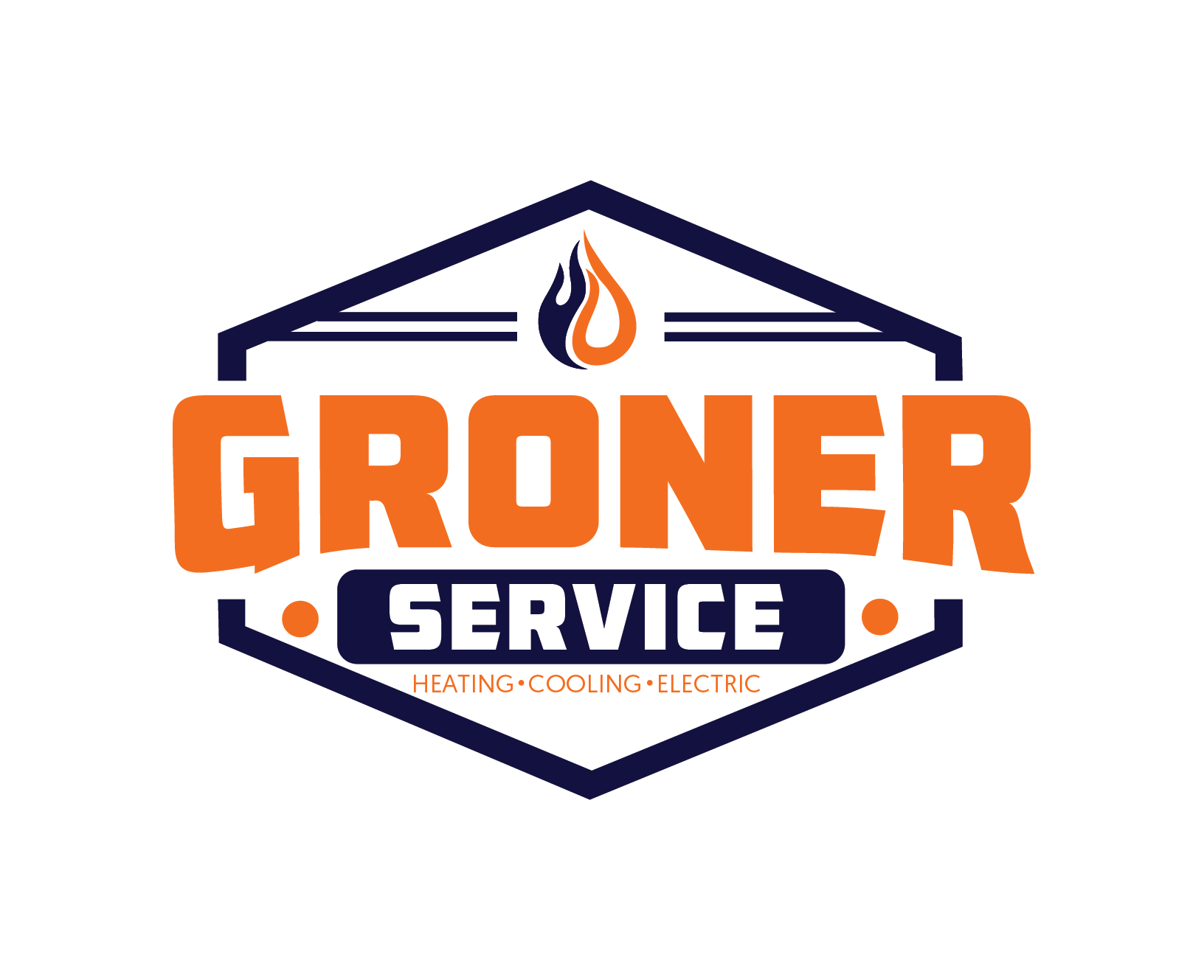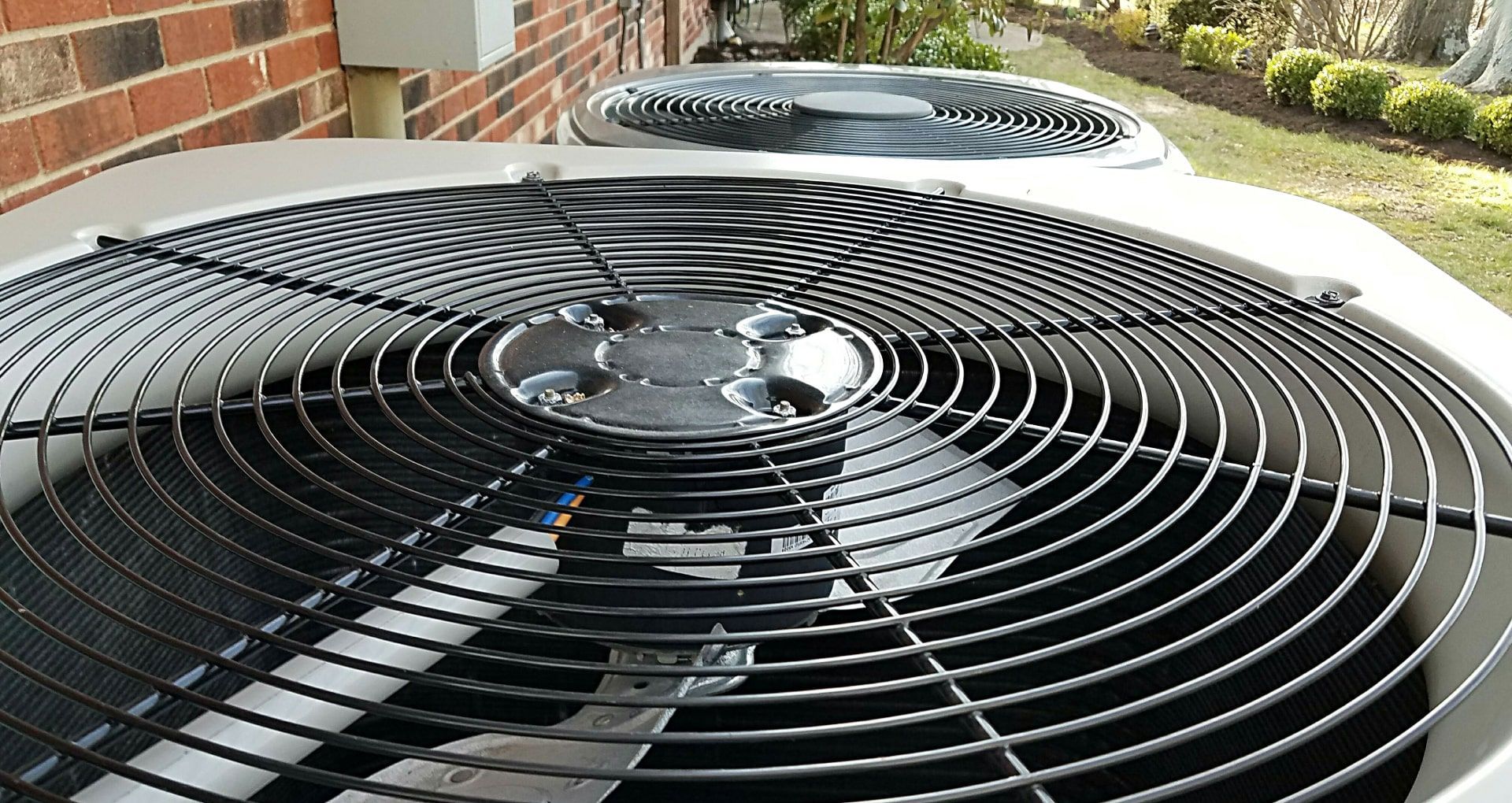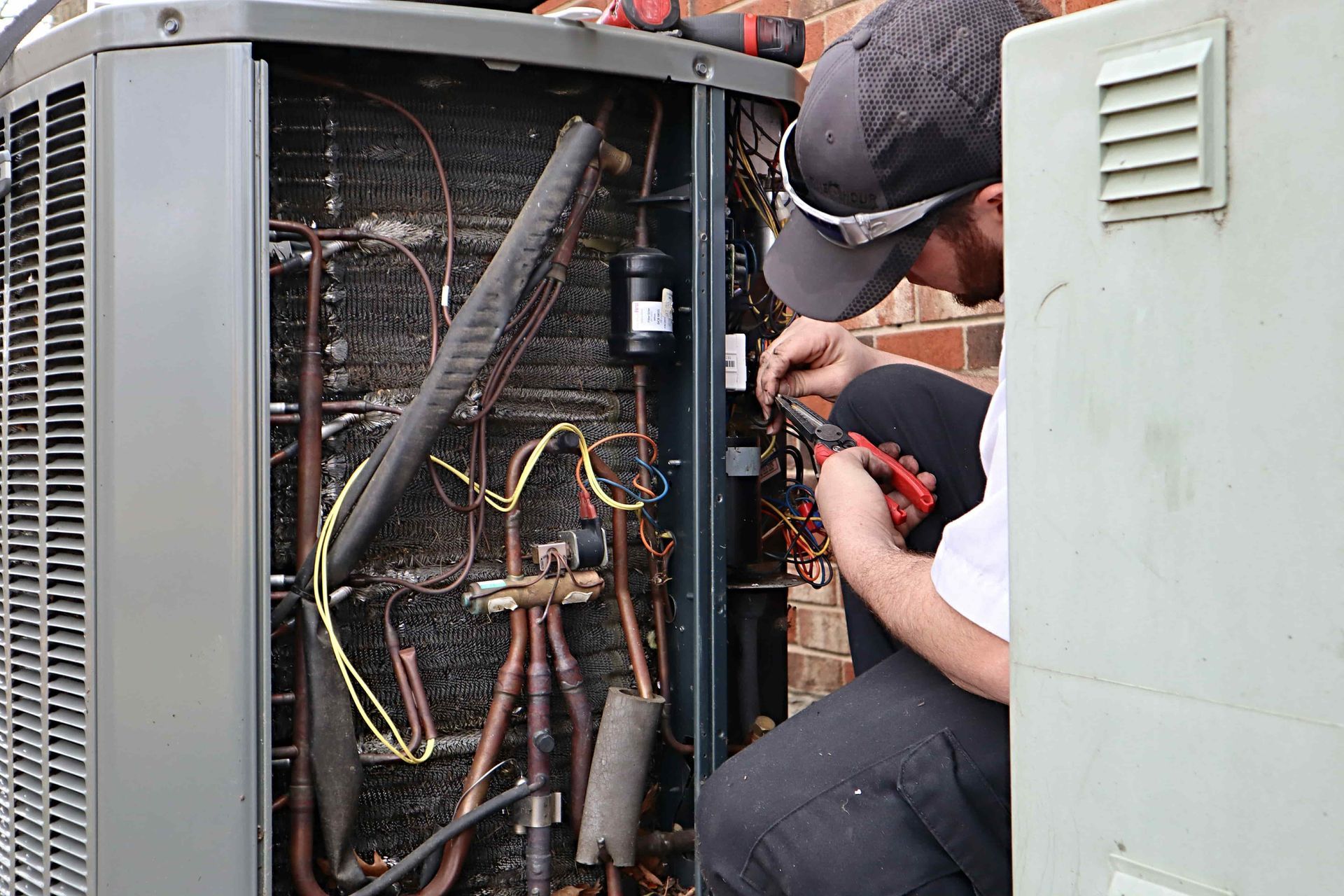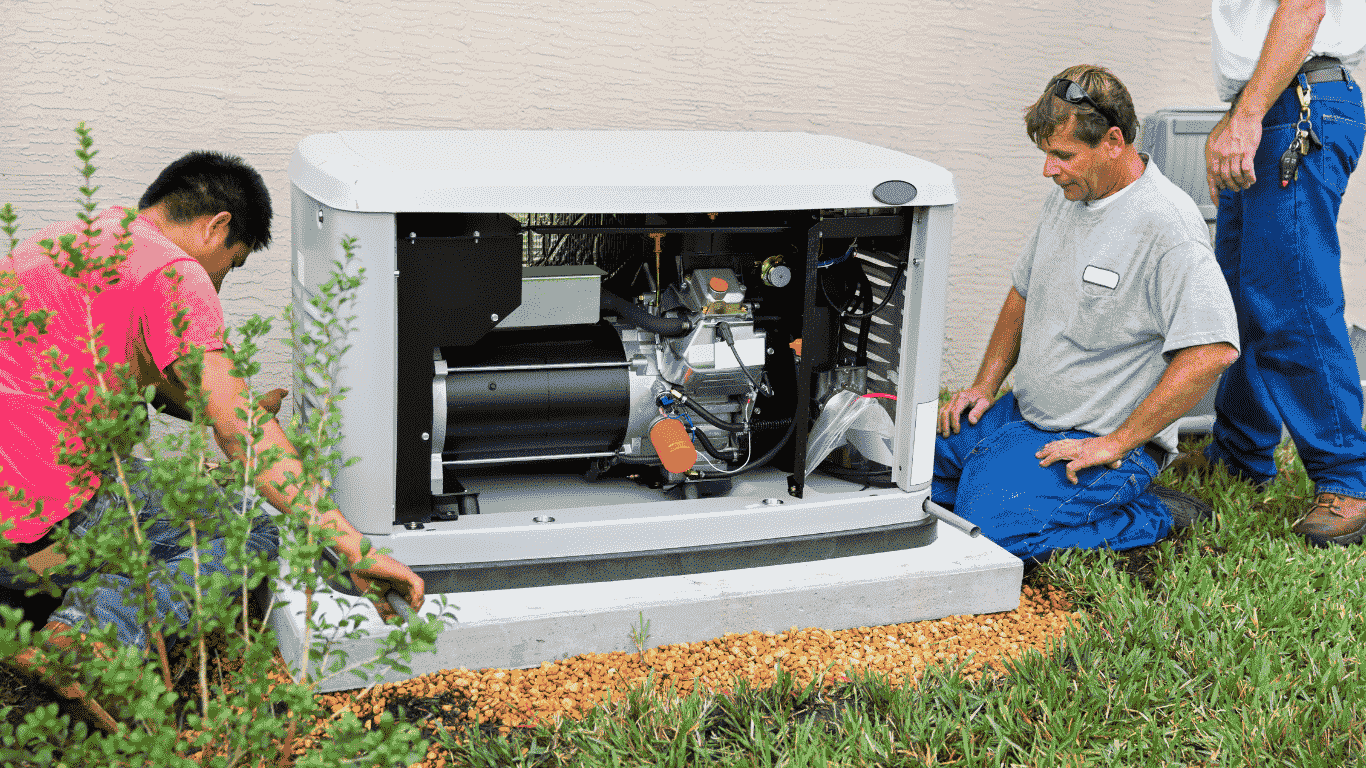Keeping the Lights On: A Guide to Finding Reliable Electrical Service Near You

Electrical problems can be a major source of stress and inconvenience in your home. A flickering light, a buzzing outlet, or a tripped circuit can disrupt your daily routine and pose potential safety hazards. When these issues arise, finding a qualified and reliable electrician promptly becomes a top priority. But with so many electrical service providers available, how do you ensure you choose the right one for your needs?
This comprehensive guide will equip you with the knowledge and resources to locate trustworthy electrical service near you. We'll explore the different types of electrical services offered, provide tips for identifying qualified electricians, and outline some common signs that indicate it's time to call a professional electrician.
Understanding the Electrical Services Offered
Electricians offer a wide range of services to keep your home's electrical system functioning safely and efficiently. Here's a breakdown of some common electrical services you might require:
1. Electrical repairs
This covers a broad spectrum of issues, from troubleshooting and fixing faulty outlets and switches to repairing malfunctioning appliances and addressing wiring problems.
2. Electrical installations
Qualified electricians can safely install new electrical fixtures, outlets, ceiling fans, and other electrical components in your home. This may also include rewiring outdated electrical systems to meet current safety standards.
3. Electrical safety inspections
Regular electrical safety inspections are crucial to identify potential hazards before they cause serious problems. An electrician will inspect your wiring, outlets, panels, and other electrical components to ensure they comply with safety codes.
4. Lighting solutions
Electricians can install new lighting fixtures, troubleshoot lighting problems, and advise on energy-efficient lighting options to enhance your home's ambiance and functionality.
5. Generator installation
If you live in an area prone to power outages, a standby generator can provide much-needed backup power. Electricians can handle the entire process, from selecting the appropriate generator size to safe installation and connection.
6. Panel upgrades
Older homes might have older electrical panels that can't keep up with the higher power demands of modern appliances. An electrician can assess your electrical system and recommend a safe and up-to-date panel upgrade.
Finding a Qualified Electrician: Key Considerations
With a general understanding of the services offered, the next step is finding a qualified electrician to address your specific needs. Here are some essential factors to consider:
1. Licensing and Insurance
Ensure the electrician you hire holds a valid electrical license in your state or locality. Licensing verifies their qualifications and ensures they have met the necessary educational and experience requirements. Additionally, confirm that the electrician carries adequate liability and worker's compensation insurance to protect yourself and the professional in case of any unforeseen accidents.
2. Experience and Expertise
The specific experience of the electrician is crucial. While a general electrician can handle many electrical tasks, some projects might require a specialist. For instance, complex wiring jobs or generator installations might benefit from the expertise of an electrician with experience in those specific areas.
3. Reputation and Reviews
In today's digital age, online reviews and testimonials can offer valuable insights into an electrician's work ethic, quality of service, and customer satisfaction. Research the electrician online, read reviews on platforms like Google My Business, the Better Business Bureau (BBB), or social media pages to get a sense of their reputation.
4. Customer Service
A reliable electrical service company will prioritize clear communication and customer service. Look for electricians who are responsive to your inquiries, provide detailed explanations of the work needed, and offer upfront pricing estimates before starting any project.
5. Safety Record
Electrical work can be dangerous if not done correctly. Inquire about the electrician's safety record and whether they follow established safety protocols during their work.

Recognizing When You Need an Electrician
Electrical problems can manifest in various ways, some more obvious than others. Here are some common signs that indicate it's time to call a professional electrician:
• Dimming or Flickering Lights: If your lights flicker or dim a lot, it might be because the wiring is bad, the circuits are too full, or the switches are not working properly.
• Sparks or Burning Odors: Sparking outlets or switches, or a burning plastic smell coming from your electrical panel, are serious red flags and require immediate attention from a qualified electrician.
• Tripped Circuit Breakers or Blown Fuses: Frequently tripped breakers or blown fuses indicate overloaded circuits, which can be a fire hazard. An electrician can diagnose the root cause and recommend solutions.
• Outlets Not Working: If outlets have stopped working entirely, it could be due to a tripped breaker, faulty wiring, or a damaged outlet itself. A qualified professional can diagnose the issue and restore functionality safely.
• Planning Electrical Upgrades or Renovations: If you're planning renovations or adding new appliances that require additional electrical power, consulting a licensed electrician is crucial to ensure your home's electrical system can handle the increased load safely and efficiently.
Groner Service: Your Trusted Electrical Service Provider
At Groner Service, we understand the importance of having a reliable and qualified electrician you can trust. Our team of licensed and insured electricians is committed to providing exceptional service, top-notch quality workmanship, and affordable pricing to homeowners in Long Island.
We're here when you need us
New Paragraph
Office Hours
- Monday
- -
- Tuesday
- -
- Wednesday
- -
- Thursday
- -
- Friday
- -
- Saturday
- Closed
- Sunday
- Closed
License #349343
© Groner Service




